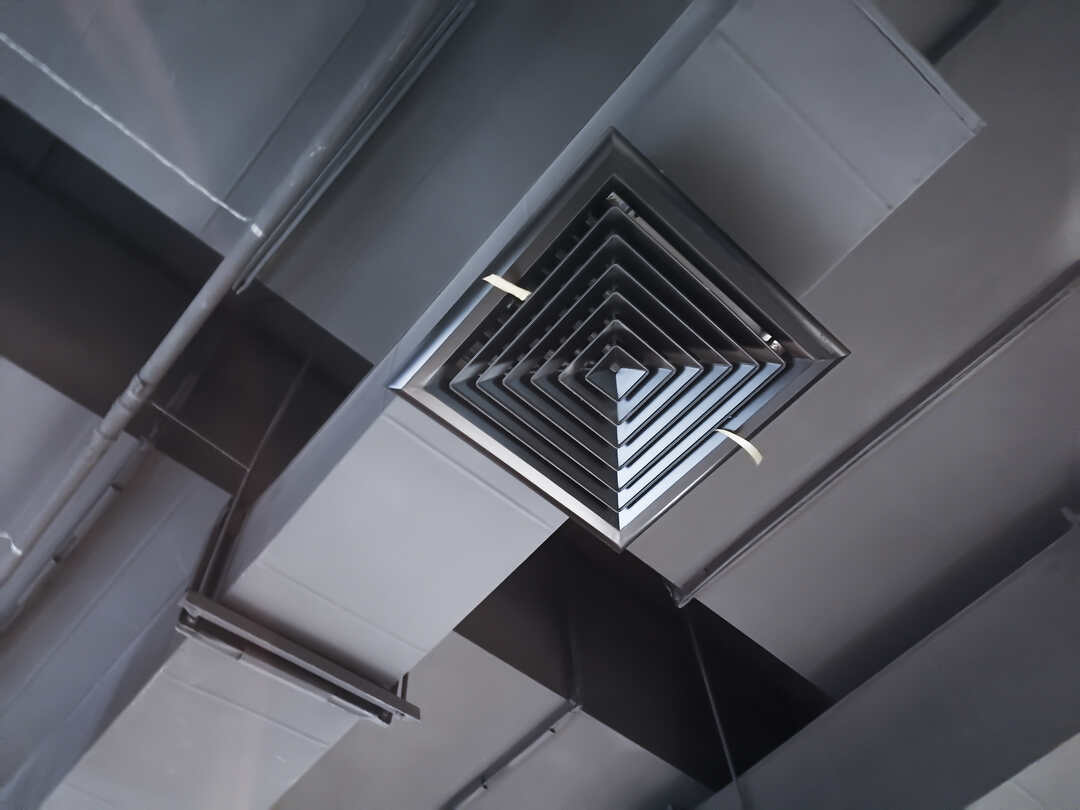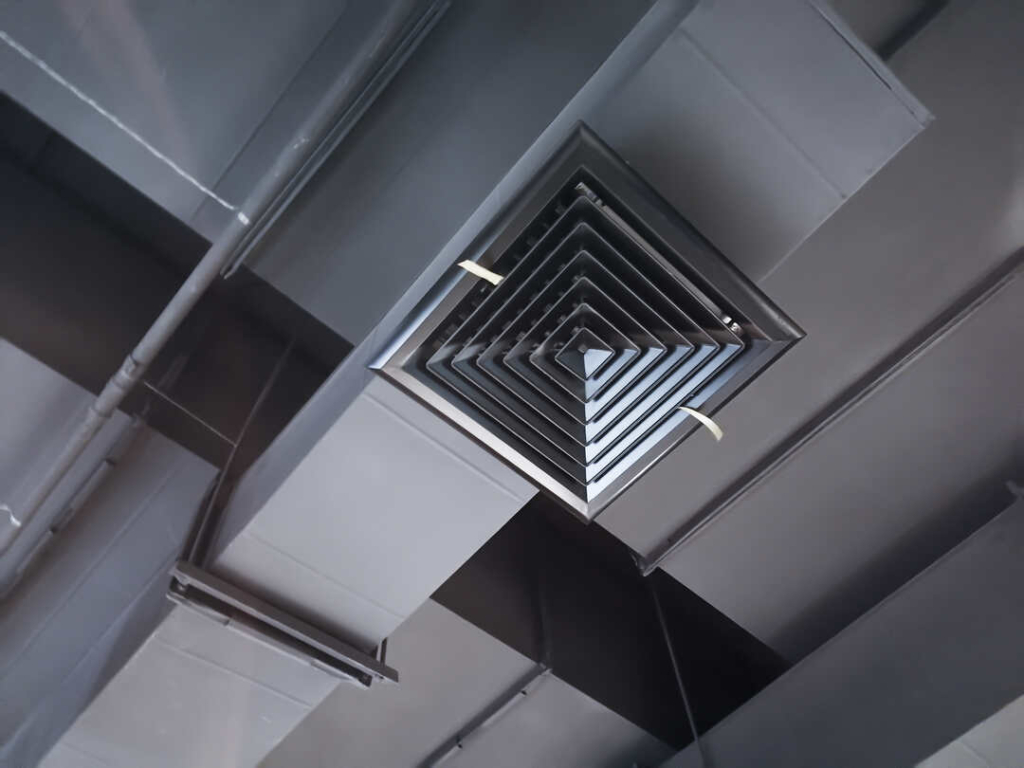
Title: The Ultimate Guide to AC Cleaning: How to Keep Your Air Conditioner Running Efficiently

Dubai Ultimate Guide to AC Cleaning
When the scorching heat of summer arrives, there’s nothing more refreshing than stepping into a cool, air-conditioned room. However, if your air conditioner isn’t properly maintained, it may not function efficiently, leading to higher energy bills and reduced cooling capacity. Regular AC cleaning is essential to keep your unit running smoothly and ensure a comfortable indoor environment. In this comprehensive guide, we will explore the importance of AC cleaning, the steps involved, and some expert tips to help you maintain your air conditioner effectively.
1. Why AC Cleaning is Important
Regular AC cleaning is crucial for a variety of reasons:
- Improved Efficiency: Dust, dirt, and debris can accumulate in your air conditioner’s filters and coils, obstructing airflow and reducing its efficiency. Cleaning these components allows your AC to work effectively, cooling your space efficiently without consuming excess energy.
- Enhanced Air Quality: A dirty air conditioner can harbor allergens, bacteria, and mold, which can circulate throughout your home when the unit is in operation. By cleaning your AC, you ensure that the air you breathe is clean and healthy.
- Extended Lifespan: Neglected air conditioners are prone to breakdowns and premature wear and tear. Regular cleaning helps prevent costly repairs, extends the lifespan of your unit, and ensures its optimal performance for years to come.
2. Steps to Clean Your Air Conditioner
Cleaning your air conditioner doesn’t have to be a daunting task. Here’s a step-by-step guide to help you through the process:
Step 1: Turn Off the Power
Before starting any cleaning procedure, make sure to turn off the power supply to your air conditioner. This ensures your safety while working on the unit.
Step 2: Clean or Replace the Air Filters
The air filters in your AC collect dust and debris over time, obstructing airflow. Remove the filters and clean them using a vacuum cleaner or wash them with mild soap and water. If the filters are damaged or worn out, it’s best to replace them with new ones.
Step 3: Clean the Coils
Next, cleaning the ac coils. Focus on cleaning the evaporator and condenser coils. These coils can accumulate dirt and grime, hampering heat exchange. Use a soft brush or a coil cleaner to remove the accumulated debris gently. Be cautious not to damage the delicate fins of the coils.
Step 4: Clean the Condensate Drain
The condensate drain is responsible for removing excess moisture from your air conditioner. Over time, it can become clogged with algae, mold, or debris. To clean the condensate drain, use a mixture of bleach and water or a specialized drain cleaner to flush out any blockages.
Step 5: Clean the Fan Blades
The fan blades in your air conditioner can also accumulate dirt and debris, affecting airflow. Gently clean the blades using a soft cloth or brush, ensuring they are free from obstructions.
Step 6: Check the Outdoor Unit
Inspect the outdoor unit of your air conditioner for any debris, such as leaves or twigs, that may have accumulated around it. Clear away any obstructions that could hinder the airflow.
Step 7: Reassemble and Test
After completing the cleaning process, reassemble all the components and turn on the power supply. Test your air conditioner to ensure it is running smoothly and efficiently.
3. Expert Tips for AC Cleaning
Here are some additional tips to help you maintain your air conditioner effectively:
- Schedule Regular Maintenance: Apart from regular cleaning, it’s advisable to have your air conditioner professionally serviced at least once a year. A qualified technician can perform a thorough inspection, identify any potential issues, and optimize your AC’s performance.
- Keep the Area Around Your AC Clear: Ensure there is ample space around your outdoor unit to facilitate proper airflow. Trim any nearby vegetation and remove any obstructions to maintain optimal performance.
- Change the Filters Regularly: Depending on the type and usage of your air conditioner, you may need to replace or clean the filters every one to three months. Regular filter maintenance ensures efficient airflow and keeps your indoor air clean.
- Use a Programmable Thermostat: A programmable thermostat allows you to set temperature schedules, reducing unnecessary energy consumption when you’re not at home.
Regular AC cleaning is essential to maintain the efficiency, performance, and longevity of your air conditioner. Neglecting proper maintenance can lead to decreased cooling capacity, increased energy consumption, and potential breakdowns. By following the steps outlined in this guide and incorporating expert tips, you can ensure that your AC operates optimally, providing you with cool and clean air throughout the summer months. Don’t neglect your AC’s maintenance; invest a little time and effort now to enjoy the benefits in the long run.
One of the primary reasons for regular AC cleaning is to ensure the efficient operation of your air conditioner. Over time, dust, dirt, and debris can accumulate on the filter, evaporator coil, and other components, inhibiting airflow and reducing cooling capacity. This can result in longer running times and higher energy consumption, leading to increased utility bills. By cleaning the filter regularly and removing debris from the coils, you can ensure that your AC performs optimally, cooling your home efficiently and saving you money.
Another important aspect of AC cleaning is maintaining the quality of indoor air. Air conditioners not only cool the air but also help filter out pollutants, allergens, and dust particles, providing cleaner and healthier indoor air. However, if the filter and other components are dirty, they become less effective at trapping these particles, leading to poor indoor air quality. Regularly cleaning or replacing the filter, and cleaning the coils and other parts, ensures that your AC is effectively removing contaminants from the air, promoting a healthier environment for you and your family.
In addition to routine cleaning, there are a few expert tips that can further enhance the performance of your air conditioner. For instance, it’s beneficial to shade the outdoor unit to reduce its exposure to direct sunlight. This helps to lower the temperature of the intake air, allowing the AC to work more efficiently. Additionally, sealing any air leaks in the ductwork and insulating the ducts can prevent cool air from escaping and improve overall system efficiency. These simple steps can make a significant difference in the performance and energy efficiency of your air conditioner.
While regular DIY cleaning is crucial, it’s also recommended to schedule professional maintenance for your air conditioner. Professional AC cleaning services offer a more comprehensive cleaning, including accessing hard-to-reach areas, such as the ductwork and internal components. They have specialized tools and expertise to perform a thorough cleaning and inspection, identifying potential issues before they become major problems. Their knowledge and experience can optimize your system’s performance, improve energy efficiency, and extend the lifespan of your air conditioner.
In conclusion, regular AC cleaning is vital to maintain the efficiency, performance, and longevity of your air conditioner. By investing a little time and effort into cleaning and maintaining your AC, you can enjoy optimal cooling and clean air throughout the summer months. Additionally, incorporating expert tips and considering professional AC cleaning services can further enhance the performance and efficiency of your air conditioner. Don’t neglect your AC’s maintenance; prioritize its care to ensure a comfortable and healthy indoor environment for years to come.



Leave a Reply